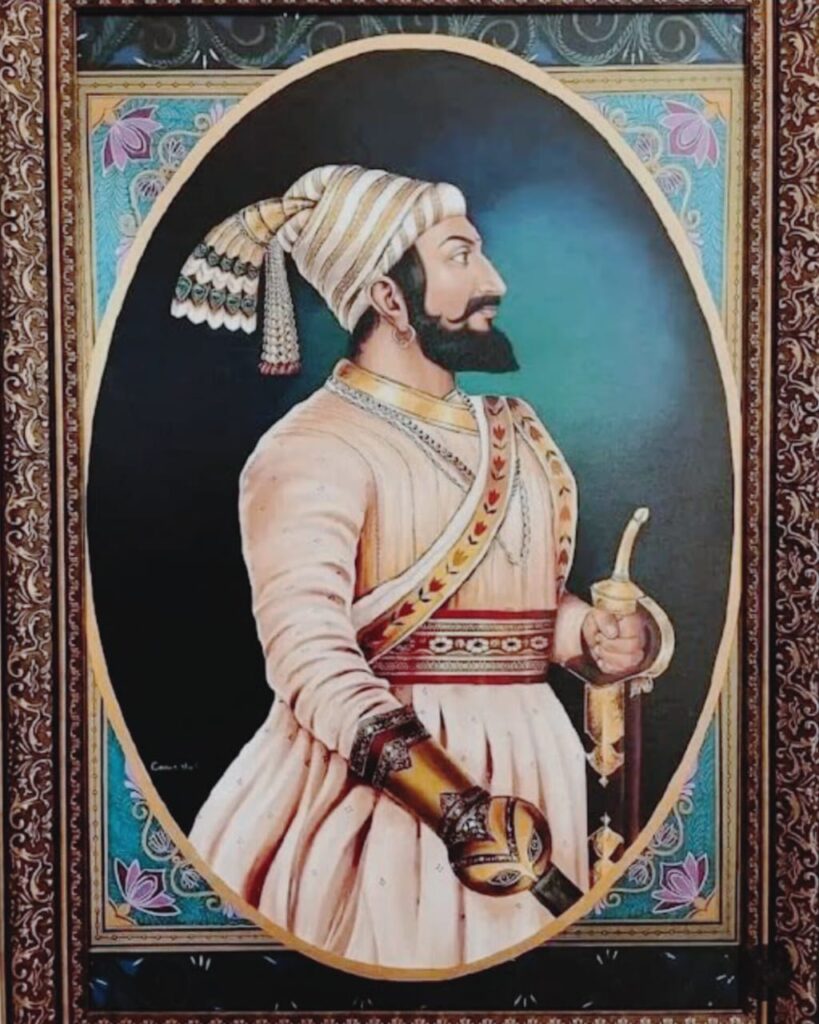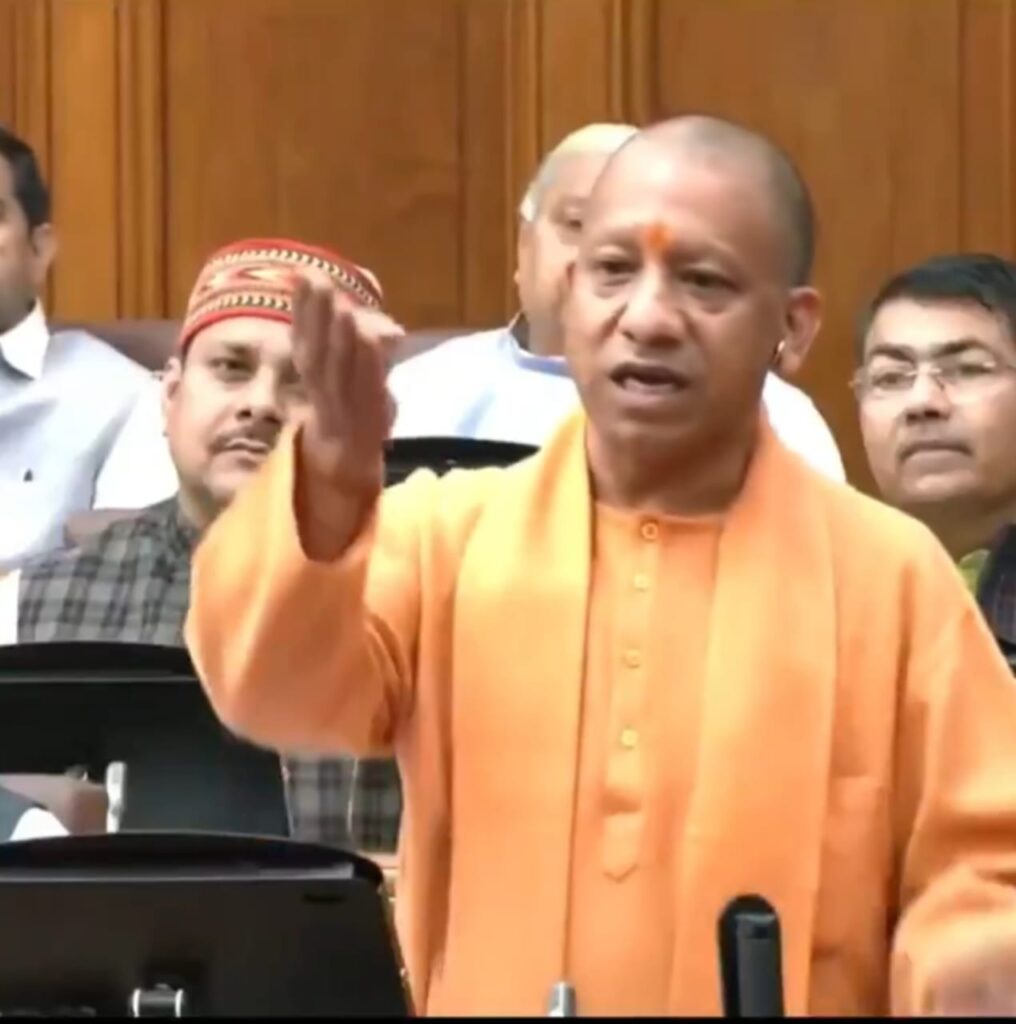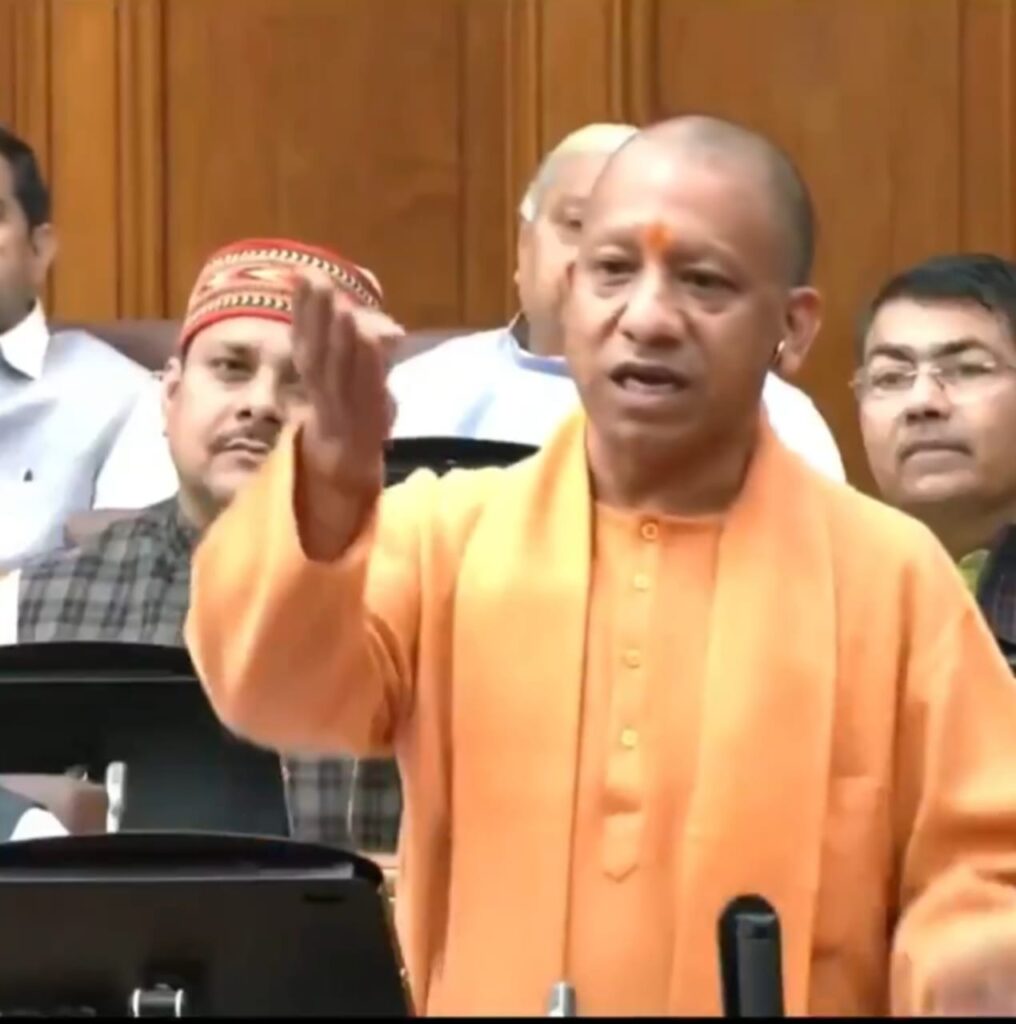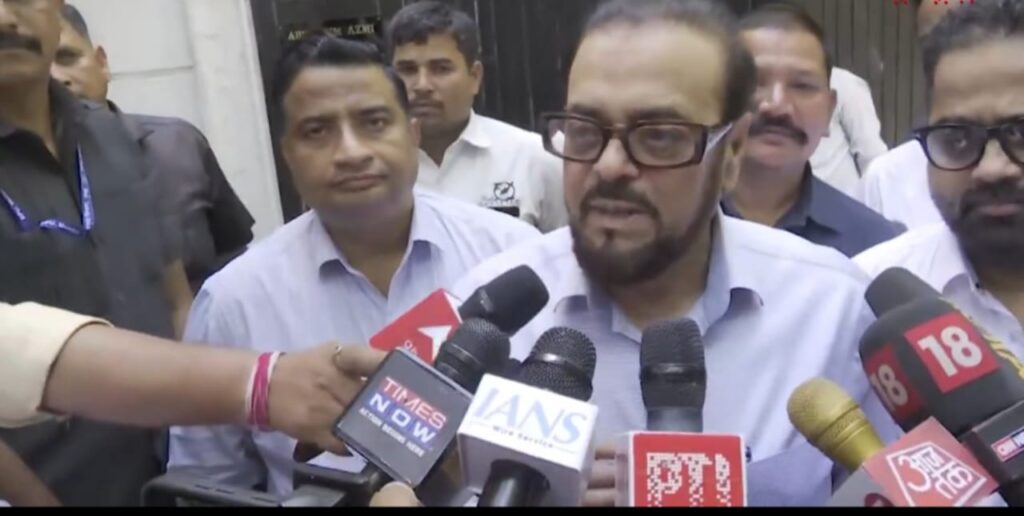“Aurangzeb vs. Shivaji: How Historical Feuds Shape Modern Maharashtra Politics” Aurangzeb Shivaji rivalry, Maharashtra history politics, Mughal-Maratha conflict
Introduction
The Abu Azmi suspension has reignited debates over the centuries-old Aurangzeb-Shivaji rivalry and its exploitation in modern Maharashtra politics. This article explores how historical narratives are weaponized for electoral gains.

The Role of Social Media in Amplifying the Controversy
The Abu Azmi-Aurangzeb row has exploded beyond legislative chambers into the digital realm, with social media platforms like X (formerly Twitter), Facebook, and Instagram becoming battlegrounds for competing historical narratives.
Hashtags such as #AurangzebTyrant and #SaveSecularism have trended nationally, reflecting the polarized public sentiment. Pro-Hindutva accounts have circulated archival excerpts and viral memes highlighting Aurangzeb’s temple demolitions, while Azmi’s supporters counter with threads on his agrarian reforms and interfaith grants.

Experts warn that this digital polarization risks deepening communal divides, particularly among younger audiences who consume history through bite-sized, emotionally charged posts. Meanwhile, misinformation—such as falsely attributed quotes or exaggerated claims about Aurangzeb’s reign—has muddied factual discourse, complicating efforts to separate myth from documented history.
- The 17th-Century Battle: Aurangzeb’s pursuit of Shivaji and the Maratha resistance.
- Symbolism in Modern Maharashtra: Shivaji as a Hindutva icon vs. Aurangzeb as a “tyrant.”
- Political Parties’ Stances:
- BJP’s emphasis on “reclaiming Hindu pride” through renaming (e.g., Aurangabad to Chhatrapati Sambhaji Nagar).
- Opposition’s critique of “historical reductionism.”
- Impact on Social Harmony: Fears of communal polarization.
“Breach of Privilege or Political Gag? Legal Experts Debate Abu Azmi’s Suspension”
Breach of privilege law, Maharashtra Assembly rules, legislative censorship
While the ruling coalition insists Abu Azmi’s suspension was procedural, legal scholars argue it sets a dangerous precedent for silencing dissent.
Sections:
- What Is Breach of Privilege? Definition, historical use in Indian legislatures.
- Case Study: Comparing Azmi’s suspension to past cases (e.g., [MLA] suspended for hate speech in 2020).
- Legal Grey Areas: Can historical opinions qualify as “unparliamentary”?
- Expert Opinions:
- “This undermines democratic debate.” – Senior constitutional lawyer.
- “The Assembly has the right to maintain decorum.” – BJP spokesperson.

Comparative Analysis: Similar Controversies in Indian Politics
This is not the first time historical figures have sparked political firestorms in India. In 2022, BJP MP Ramesh Bidhuri faced backlash for calling Mughal emperor Babur a “looter” in Parliament, while opposition leaders criticized the renaming of Allahabad to Prayagraj as “cultural erasure.”
Similarly, the 2015 debate over replacing Akbar Road with Maharana Pratap Singh’s name in Delhi echoed today’s Aurangzeb-Shivaji tensions. Such controversies often peak around elections, as parties leverage historical symbolism to galvanize core voters.
Political analyst Asim Ali notes, “History is no longer just a subject—it’s a campaign tool. Aurangzeb’s legacy, like Tipu Sultan’s or Savarkar’s, is now a proxy for broader ideological wars over India’s identity.”
This pattern suggests the Azmi suspension may be a precursor to intensified historical revisionism ahead of the 2024 Maharashtra elections.
Article 4:Dominate India’s Political Discourse”
Mughal rulers in politics, BJP history rewriting, Islamic legacy in India
The Aurangzeb row is part of a larger BJP-led campaign to reassess India’s Islamic past. This article examines why Mughal emperors remain central to political rhetoric.
Sections:
- The BJP’s Renaming Spree: Cities, roads, and monuments linked to Mughals.
- Contrasting Narratives:
- Right-Wing View: Mughals as “invaders” eroding indigenous culture.
- Secular View: Acknowledging their administrative and cultural contributions.
- Public Reaction: Social media wars over #RemoveMughalHistory.
- Global Parallels: Similar historical revisionism in the US, UK.

“Samajwadi Party’s Survival Struggle: How Abu Azmi’s Suspension Fits Into a Larger Crisis”
Samajwadi Party Maharashtra, SP-BJP rivalry, minority politics
Abu Azmi’s suspension highlights the Samajwadi Party’s declining influence in Maharashtra and its reliance on minority vote banks.
- SP’s Rise and Fall: From kingmaker in UP to marginal player in Maharashtra.
- Azmi’s Role: His focus on Muslim-Dalit unity and confrontational style.
- BJP’s Strategy: Isolating SP by painting it as “anti-Hindu.”
- Future Challenges: Can the SP reinvent itself ahead of 2024 elections?
Article 6: “Aurangzeb in Textbooks: How Indian Students Are Taught Mughal History”
Aurangzeb in NCERT, history syllabus controversy, education politicization
The Azmi row has spilled into education, with demands to revise textbooks’ portrayal of Aurangzeb. This article analyzes the politicization of history education.
Alternative (Question-Based):
“Why was Abu Azmi suspended? Unpack the Aurangzeb remark row, political backlash, and his cry of injustice. Click for a detailed breakdown.”
Table of Contents
Alternatives (if preferred):
- Why Was Abu Azmi Suspended? Aurangzeb Remarks Row & Political Firestorm” (targets question-based searches).
- “Abu Azmi Suspended from Maharashtra Assembly | Aurangzeb Controversy Explained” (focuses on location + explanation).
- NCERT’s Evolving Stance: From “ruthless” to “complex ruler” in 2023 revisions.
- State-Level Differences: Maharashtra vs. Karnataka textbook narratives.
- Teachers’ Perspectives: “Students are confused by conflicting narratives.”
- BJP’s Push: Aligning syllabus with “nationalistic values.”


